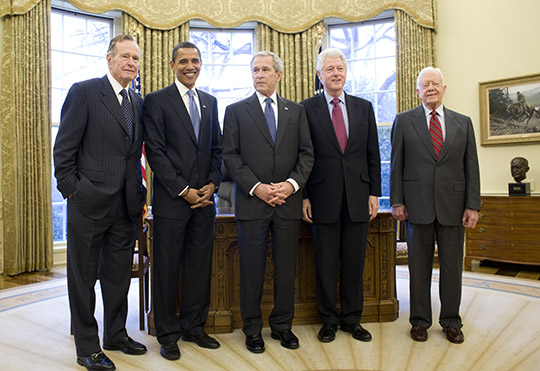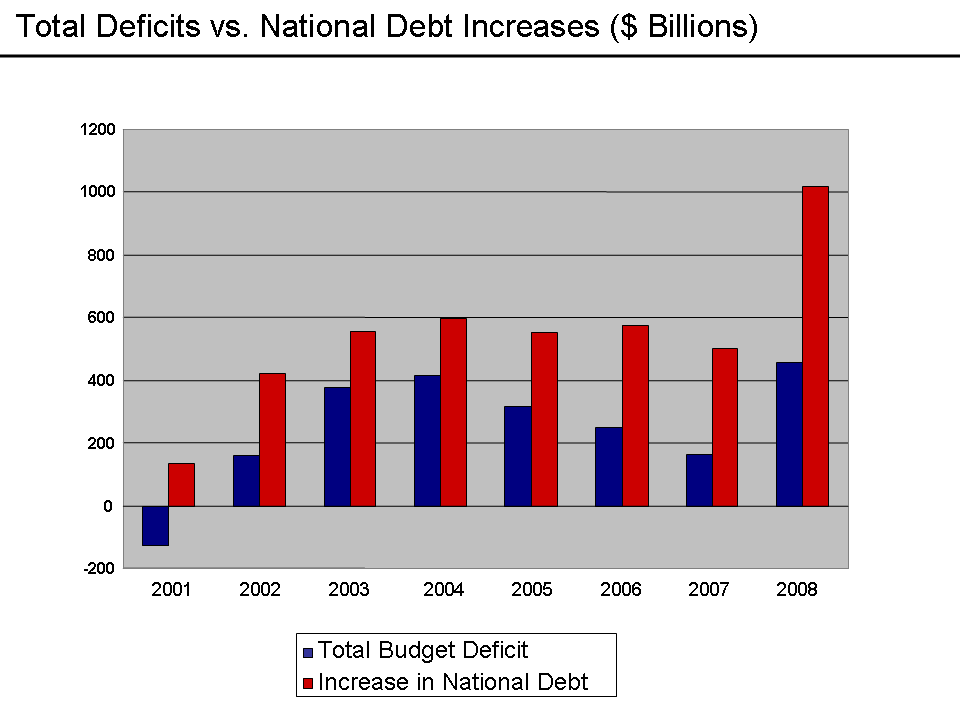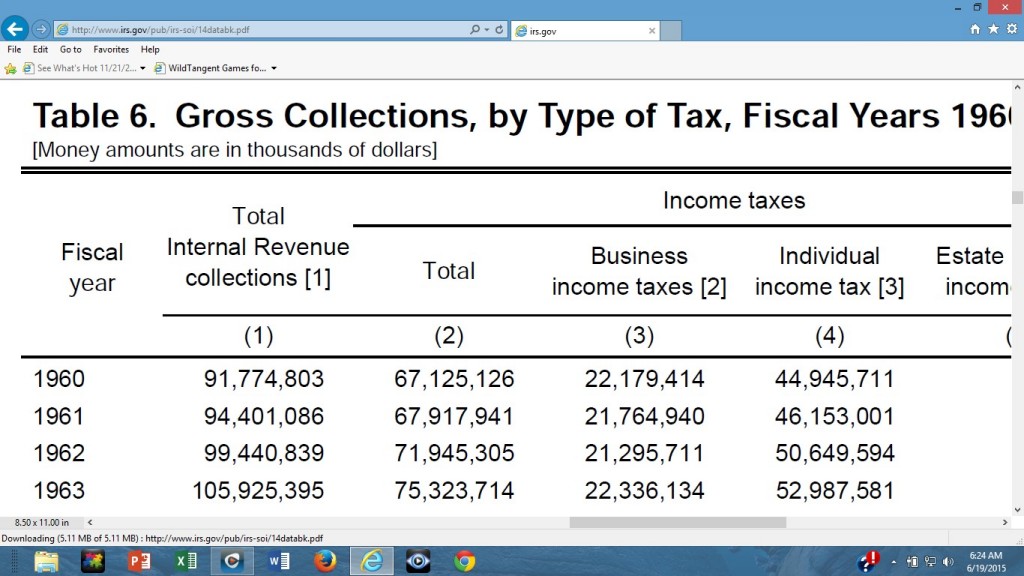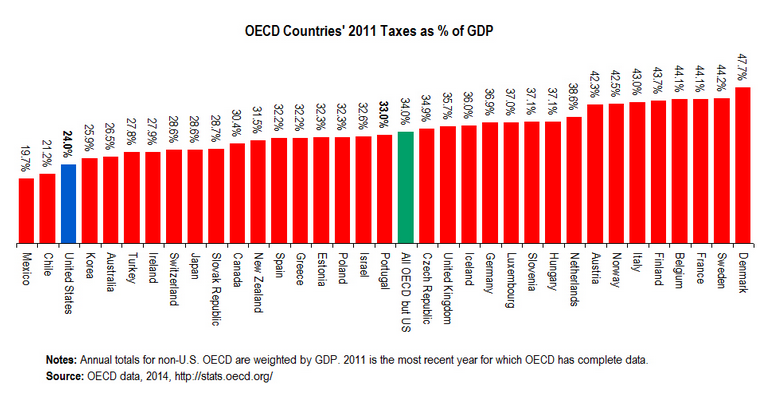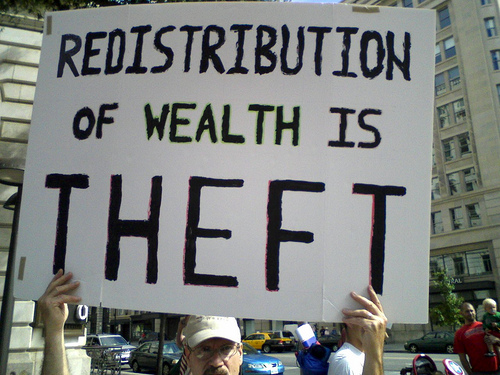 …
…
[The following excerpt is from my book, “Rescuing Religion from Republican Reason.”]
…
The Charity Argument
How do Republican Christians avoid sounding like the devil while opposing a taxation system that redistributes wealth to the needy?
They promote charity as the sole solution. In other words, they believe that if mandatory wealth redistribution were abolished, the whims of the wealthy would meet the needs of the needy (which fails, thanks to the greed of the greedy). They make three major arguments as to why this is the better way.
First, for as long as I can remember, Republican Christians have made the claim that meeting the needs of society’s poor is the church’s job. But is this what the Bible teaches?
Let’s take a look at what the Apostle Paul wrote to young pastor, Timothy, on how to deal with the needs of impoverished widows in his church:
1 Timothy 5:9-10, “Let a widow be put on the list only if she is not less than sixty years old, having been the wife of one man, having a reputation for good works; and if she has brought up children, if she has shown hospitality to strangers, if she has washed the saints’ feet, if she has assisted those in distress, and if she has devoted herself to every good work.”
The Apostle Paul placed significant restrictions on who could depend upon the church for financial assistance. Widows who had not “washed the saints’ feet” didn’t qualify for church assistance. In other words, church assistance was prohibited, not only for non-Christian women, but even for women who were new believers and had not yet demonstrated that they were devout, committed Christians. This way, widows couldn’t pretend to be believers just so they could receive assistance.
Why was the church willing to only assist widows who were long-time members?
The next verse gives us a clue.
1 Timothy 5:16, “If any woman who is a believer has dependent widows, let her assist them, and let not the church be burdened, so that it may assist those who are widows indeed.”
First century churches were comprised of few wealthy people, probably because they and the wealthy didn’t see eye-to-eye. Therefore, many churches struggled to meet the needs of their members and could only support the neediest ones. That’s why Paul calls for Timothy’s church to seek out all other options to meet widows’ needs before “the church be burdened” by supporting them with the little bit of money the church had. Meeting society’s needs wasn’t even a consideration. While Christians are to help out where they can, nowhere in the Bible are churches called upon to be the solution for poverty throughout a society.
Furthermore, even if first century churches would have had more than enough money to care for their own, Christians made up such a small percentage of the Roman population that their public assistance would have had little impact. Likewise, in modern America, where Christians have made up a smaller and smaller percentage of the population over the past few decades, the church will likely become less and less of a financial resource in the future. Even 50-150 years ago, when Christians made up a much larger percentage of the population than they do today, church assistance failed to come close to meeting the needs of the poor. Had it done so, our nation would never have needed to implement assistance programs in the first place. The church failed to care for the nation’s needy then, and it will fail even more in the future, as its financial resources dwindle due to a declining number of members. Having the church support all of our nation’s poor is simply unrealistic.
Second, Tea Party Christians claim that taxation takes away opportunities for Christians to commit the righteous act of giving to the needy, since the money they might have donated is redistributed by the government, instead. Those who make this argument effectively admit the following: Like Jesus’ opponents, the Pharisees, they see God’s Law as a way to accumulate righteousness points before God; the Law is there to build them up, and their spiritual pride along with it. They think it’s more important that they increase their personal righteousness through charitable giving than that the needs of the needy be met. They would rather that needy children suffer malnutrition and live in squalor due to the ineffectiveness of a charity-only system than give up their opportunity to prove how righteous they are.
As I already revealed in the chapter on God’s Law, this is not Christianity. God’s laws exist for the well-being of people – for the common good. When it comes to our behavior, the Law protects others from the ill effects of our sins; it doesn’t reward our righteousness. The Law is other-centered, not self-centered. So if a mandatory system better meets the needs of the needy, we should be willing to give up opportunities to prove our charitable righteousness for those needs to be thoroughly met.
Third, conservative Christians are quick to point to huge dollar figures that prove how charitable we are as a nation. According to GivingUSA, U.S. charitable donations exceeded $300 billion in both 2007 and 2008 (but haven’t grown much since). That sounds like a lot—until you compare it to the 2.2 trillion dollars of annual U.S. social spending. So you could say the government’s forced donations equal approximately seven times as much as is donated through charity. Also, $300 billion in charitable donations (a significant amount of which pays for charity advertising costs – a problem government programs don’t have) pales in comparison to the $1.8 trillion that the wealthy invested in hedge funds in 2008. (Hedge funds specialize in short-selling stocks. Short-sellers borrow stocks from the stock owners’ brokers and trade them, so they contribute no capital investments to companies and are of no benefit to society.) So it’s not as if the wealthy give a large percentage of their riches to charity.
Of the money the wealthy give, only a small percentage of it goes to people in need. In fact, Americans earning over 1 million dollars a year give 66% of their charitable contributions to health, education and the arts, while 17% goes to religious organizations. If you look up the annual “America’s Top Donors” report at philanthropy.com, a quick scan of any year’s list will reveal the nature of charitable donations among the American wealthy. Less than 5% of the donations go to meeting the needs of the needy. The wealthy enjoy giving to universities, the arts, and special interest organizations more than they do to the boring poor people who need it most.
Charitable funding has been proven to fall far short of what government taxation can provide. An excellent example of this is the Commission for Relief in Belgium, a highly successful, well-funded charity that saved Belgians from starvation once Germany had cut off their food supply in World War I. It was created by Herbert Hoover (before he was president) who, throughout his career, championed charity and volunteerism and denounced government handouts. The charity got off to a great start and initially needed little government assistance. But as time passed and the needs of the Belgians persisted (thanks to the on-going war), Hoover had to turn to the U.S government for funds. When it was all said and done, 95% of the CRB’s funds had come from the federal government. Had charity alone supported the cause, as many as a million Belgians might have starved. And let’s not forget that this happened during the years in which few people paid income tax and the top marginal rate was only 7%. Anti-tax Republicans say that taxes keep the wealthy from giving as much as they would like. But we see here that even during the low tax years, charity came up short.
Why should we leave it up to the wealthy to determine who deserves charity?
Leaving the poor at their mercy is cruel. Republican politicians and pundits tell us the poor deserve no assistance, because they’re at fault for their poverty. They also say that giving to the poor makes them dependent upon handouts, so that they will become too lazy to work. They say this in opposition to welfare, but such a concept would be equally true for charity (not that it is true). I’ve even heard conservatives say that charitable food donations to Haiti have put Haitian famers out of business, as if charity fills Haitian bellies so much that Haitians desire to buy no more food from local farmers, because hunger has been eliminated from the land. If this is what the wealthy believe, we can be certain they’ll withhold assistance from the needy. All they’re doing is making excuses to hoard money. That’s why it’s much better to have a system in place where everyone who meets a standard requirement (like being unemployed or being of retirement age) receives aid, rather than leave it up to the whims of the wealthy to determine who receives aid, how much they receive, and when they receive it.
I challenge anyone to find a nation, past or present, that took care of its poor through nothing more than individual, voluntary charity, and did it as well or better than the United States has done through forced redistribution of wealth. Ancient Israel may have done as well or better, but as I’ve already demonstrated with numerous Bible verses, God forced them to redistribute wealth. A national system like this is the only method by which all people can be free from poverty. The voluntary charity solution promoted by Republican Christians rescues only a select few from poverty, and, as a result, has never come close to eliminating poverty in any nation in world history, including our own. Voluntary charity is a nice supplement to a mandatory national system, but it is not God’s preferred weapon against poverty. God refused to rely on voluntary charity to meet the needs of the needy, because He understood the nature of greed all too well.
The Tea Party Paradise
Republicans, especially those of the Tea Party persuasion, tell us that if we were to greatly reduce taxation and get rid of welfare, and maybe even Social Security and Medicare, that America would fulfill its potential and our lives would be so much better. To these people, I ask, “Where in the world is this working?” Most of the nations that have been capitalist for a long time (i.e., since World War II) have higher tax rates and larger welfare states than we do. This includes Germany and Japan, whose stock markets were annihilated by the war, and yet they have since greatly prospered in a matter of decades. However, there is one nation that does have a significantly lower overall tax rate and smaller welfare state than we do. It’s Mexico! Here are some numbers:
Total Taxes as a Percentage of GDP
*******Mexico United States Canada U.K. Sweden
1985 15.5% 25.6% 32.5% 37.0% 47.4%
1995 15.2% 27.8% 35.6% 34.0% 47.5%
2000 16.9% 29.5% 35.6% 36.4% 51.4%
2009 17.5% 24.0% 33.1% 34.3% 46.4%
[Source: OECD Tax Revenue Statistics]
Gross public social expenditure as a percentage of GDP, 2001
Sweden 35.1%
Denmark 34.2%
France 33.0%
Germany 30.6%
Austria 29.6%
Italy 28.3%
Belgium 28.0%
Finland 28.0%
Norway 27.0%
United Kingdom 25.4%
Netherlands 24.3%
Iceland 23.4%
Czech Republic 22.2%
Spain 21.7%
New Zealand 21.1%
Canada 20.4%
Australia 20.4%
Slovak Republic 19.8%
Japan 18.5%
United States 15.7%
Ireland 15.3%
Korea 7.1%
Mexico 5.7%
[Source: OECD/Statistics]
Many opponents of social government spending say people work harder if they can’t get handouts from the government. Apparently, the statistics bear that out:
Average number of hours worked per year per capita
Mexico 2250
U.S. 1787
Canada 1702
U.K. 1625
Sweden 1644
[Source: OECD/Statistics]
Mexico is the Tea Party paradise of low taxes, little social spending, and hard work. Yet, many Mexicans are willing to risk their lives to illegally come to our country. Why? Perhaps because Mexico has the highest poverty rate of the 34 OECD countries, the 2nd highest degree of income disparity (after Chile), and the 2nd lowest life expectancy (Turkey is #1).
One might argue that Mexico is a third world country. But is it? It’s the 13th largest economy in the world, and it had a 30-year post-WWII economic boom known as the Mexican Miracle. Its economy was much better in the 1960s and 1970s than it is today. But then, Mexico chose a different path than the United States did. It did little to create a system that shared the nation’s prosperity with the population at large. It also collected insufficient tax revenue to the point where it was unable to pay its debt in the 1980s and had to print money to pay it; thus, Mexicans endured several years of 100% inflation, which peaked at a rate of 160% in 1987. The every-man/woman/child-for-itself approach has been a disaster for Mexico. That’s why it looks like a third world country, despite being a large economy.
Republicans might argue that Mexico’s economic history differs from that of the U.S., and that other factors affect these numbers. Naturally, in economics, there are always other factors to consider. For example, Mexico owns its oil industry. That’s socialism (Mexico’s other industries are mostly free market, however). Contrary to what Fox News might tell you, socialism is the opposite of taxation. A nation that insufficiently taxes private wealth must compensate by owning businesses that generate revenue from profits. A nation that mostly owns nothing, like the United States, must rely on taxation of private wealth to pay its bills. Mexico’s reliance on oil industry profits rather than taxation of private, free market wealth had devastating effects on its budget when oil prices fell in the early 1980s.
Republicans may also argue that Mexico’s poverty stems from corruption. In doing so, they place the cart before the horse. Poverty causes corruption, and corruption is greatest where poverty is worst. When people have no hope of earning a dignified living legally, they often do it illegally. Breaking the law is their only shot at relief. For some it’s drug crime, for others it’s business corruption, and for some it’s becoming an illegal alien in a neighboring country where life is better all around.
Nonetheless, there is no place in the world today where the Tea Party agenda works. Some will argue that it worked in the late 1800s and early 1900s, but the anarchist movements and the violent labor disruptions of that period, both in America and throughout Europe, proved otherwise. The people couldn’t bear their poverty and oppression, so they eventually voted away the oppressive ideology that the Tea Party calls righteousness.
By the way, how has charity worked as a solution for Mexico’s poverty?
Not only are there some very wealthy people in Mexico, but Mexico is next door to the wealthiest nation in world history. Eradicating Mexican poverty through charity should be a cinch. Yet, Mexico has the worst poverty of the 34 OECD nations. It looks like charity has failed them, as it has every nation in world history.
Here in North America, we’ve had three nations greatly benefit from the post-World War II era, during which the rest of the industrialized nations were at a disadvantage, since they needed decades to fully rebuild. The United States, having been an industrialized nation for the longest amount of time prior to the war, benefitted the most. But it’s now losing ground to Canada, whose median household income has surpassed that of the United States as of 2014. Quality of life for the working class in Canada is now better than it is here. That’s because Canada has chosen a system in which the rich pay higher taxes, and more of the nation’s wealth is shared with the working class through higher social spending. Mexico, on the other hand, chose the opposite direction of low taxes, low social spending, and a charity-only solution for the poor, and the results have been disastrous. Liberals want us to be more like Canada. Conservatives want us to be more like Mexico. We have a choice to make. Let’s hope we make the right one.

